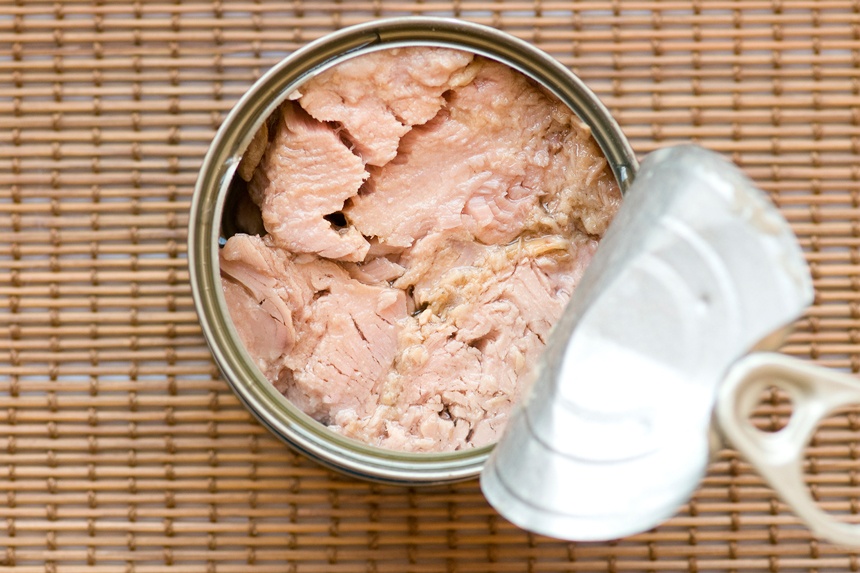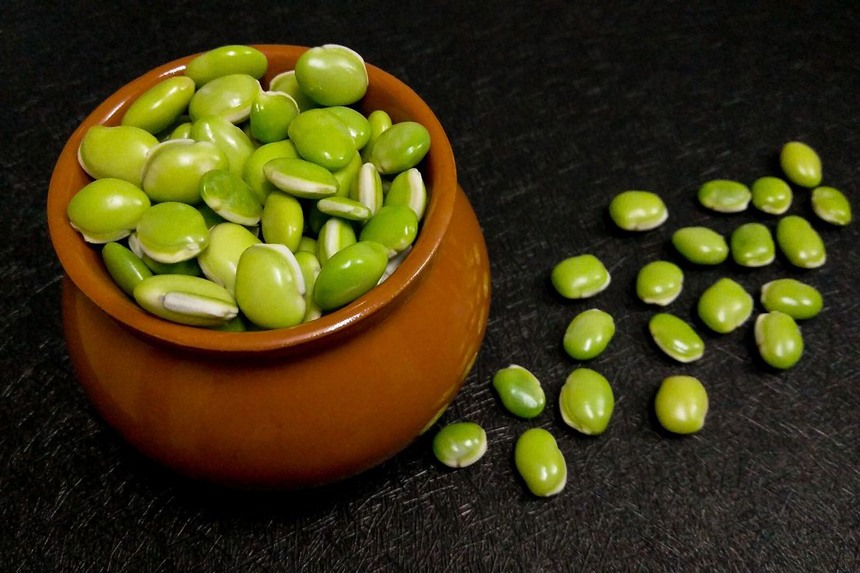Tuna

Tuna, known for its low calorie and high protein content, is also a source of iodine, providing about 11% of the daily intake recommendation in a three-ounce serving. While fattier fish typically have lower iodine levels, tuna remains a good source of this essential nutrient, in addition to being rich in omega-3 fatty acids, potassium, iron, and B vitamins.
The presence of omega-3 fatty acids in tuna offers additional health benefits, such as a reduced risk of heart disease. This makes tuna not only a viable source of iodine but also a heart-healthy choice that can be included in a nutritious diet.
Lima Beans

Lima beans, a staple in the Native American dish succotash, are a heart-healthy choice rich in fiber, magnesium, and folate. They also provide a vegetarian source of iodine, with a cup of cooked lima beans containing about 10% of the daily value. The iodine content in lima beans, as with other fruits and vegetables, can vary based on soil conditions and agricultural practices.
Incorporating lima beans into your diet not only boosts your iodine intake but also supports heart health and provides essential nutrients. Their versatility in recipes makes them an easy addition to meals, offering both nutritional value and variety.





